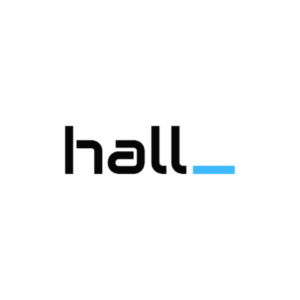Everyone in SEO-land understands the most basic elements that are key to any optimization campaign, but Danny Dover at SEOmoz has some new insights on the old standards. Based on their own field research and the rankings correlation report developed by their team, he’s offered up some juicy nuggets that should be of interest to anyone in the search marketing field.
Title Tag Format
SEOmoz Best Practice:
Primary Keyword – Secondary Keywords | Brand
Or
Brand Name | Primary Keyword and Secondary Keywords
Reasoning:
According to their first round of intensive search engine ranking factors correlation testing, it was clear to SEOmoz that if you are trying to rank for a very competitive term, it is best to include the keyword at the beginning of the title tag. If your brand can make a difference in CTR and your terms are less competitive, it is best to put the brand name first.
My Stance:
I agree with the above formats and implement them on an individual client basis. If my client’s company has a well-known name that people would search for, then the second format works best. However, the majority of my clients are searched for by targeted keywords, in which case I use the first format.
H1 Tags
SEOmoz Best Practice:
H1s are important for users but now less so for Search Engines.
Reasoning:
SEOmoz correlation data shows that H1 tags do not carry the same ranking weight that had been originally presumed. The importance of this tag seems to be in establishing information hierarchy and helping with algorithmically determined semantics, not in search engine optimization.
In August 2008, Michael Martin had a conversation with Google’s Matt Cutts at SMX Advanced and he indicated that Google doesn’t weigh the H1 tag any heavier than an H2 or H4, but it shouldn’t be used more than once.
My Stance:
It is (and currently continues to be) my practice to use a variation of the primary and secondary keywords in the H1. This SEOmoz finding has piqued my interest, however, and I’ll be doing my own internal testing on the H1’s ranking weight.
Meta Keywords Tag
SEOmoz Best Practice:
Contrary to what SEOMoz recommended in the past, they now find this tag useful in ranking for Yahoo.
Reasoning:
Initially SEOmoz did not recommend using a meta keywords tag at all due to the abuse it suffered in the early days of the internet; they thought these tags were not used by the modern search engines. After running some very preliminary tests at the prompting of DJ Paisley it was noted that Yahoo does indeed use this tag for ranking although it is a minor factor. However, it is their stance that Google and Bing ignore this tag and it doesn’t affect their rankings.
My Stance:
I always include the keywords tag as part of my client’s overall organic search strategy. I use roughly 3-5 targeted and appropriate keywords from my keyword research that are page-specific. While it may only be providing a positive effect with Yahoo, the tag has never shown me to work against a page’s rank in any of the search engines.
Takeaways:
The landscape of SEO is ever-changing and it’s always crucial to look out for new research, even on the old standbys. Staying on top of search engine news and constantly tweaking and reworking my organic search strategies is the name of the game for me. It’s absolutely beneficial for everyone with a website to test theories, see what’s working for you (or against you) in the rankings, and most importantly, keep trying.





